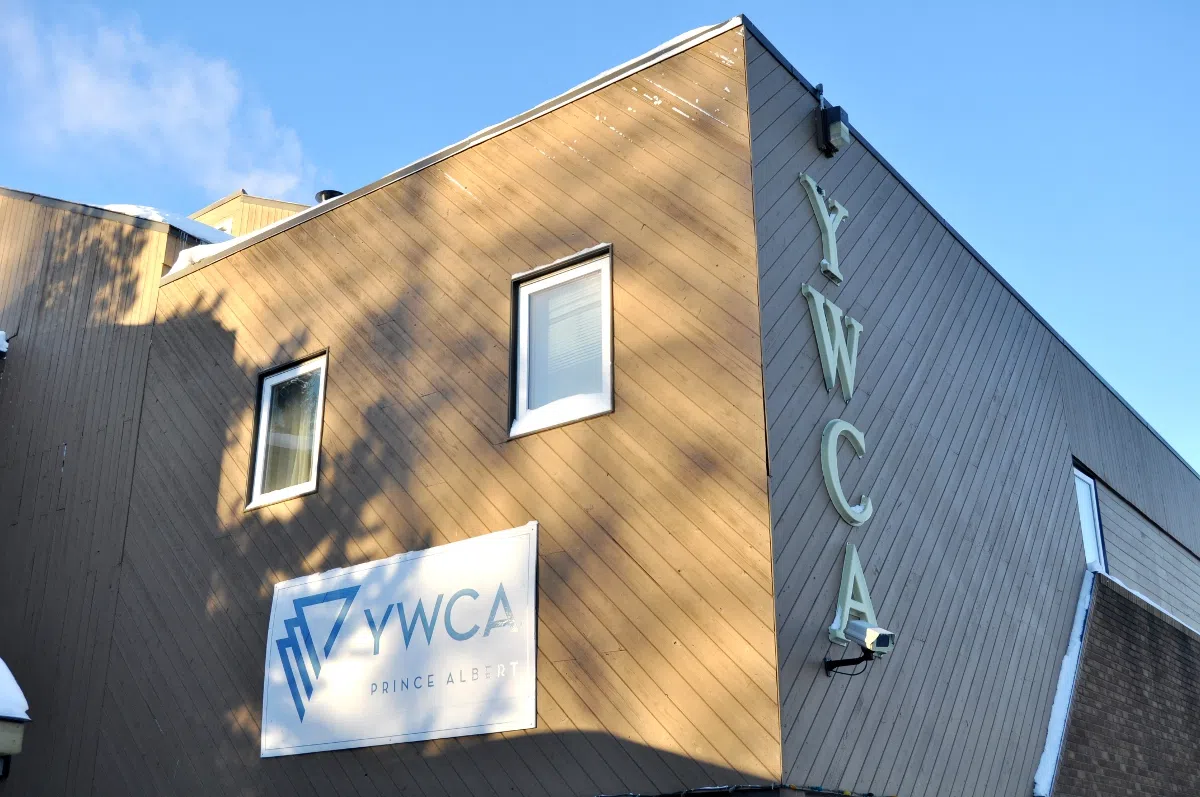
YWCA applauds stronger support for victims of violence
Legislation introduced by the government to strengthen support for individuals fleeing interpersonal and family violence are being commended by the YWCA.
Amendments to the Victims of Interpersonal Violence Act and Residential Tenancies Act will allow a tenant to end a fixed-term rental agreement with 28 days notice if they or their family are facing abuse by another or former resident.
“This will allow for a lot more freedoms,” Donna Brooks, CEO of the Prince Albert YWCA said.
She outlined scenarios where those fleeing domestic violence were forced to break their lease early and come to the shelter, therefore, resulting in a bad reputation with landlords and a bruise to their credit ratings, only creating additional hurdles when it came time to attain a new place to live.


